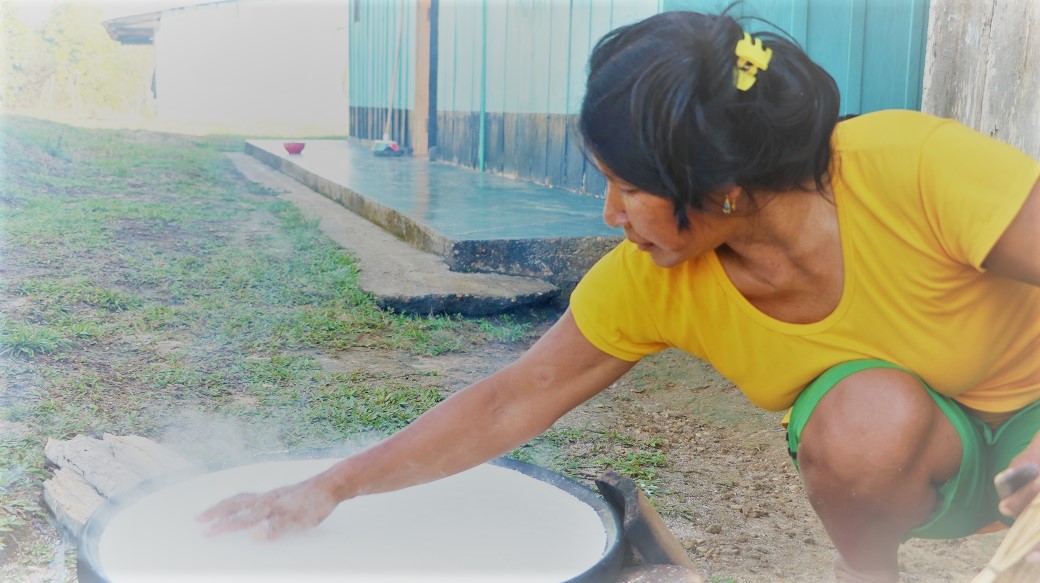Quito Declaration: Tackling Industrial Animal Production
Quito Declaration: Tackling industrial animal production
We present this declaration, arising from the “Meeting of Possible Horizons in the Face of Extractivism of Industrial Animal Production,” held in Ecuador, August 21-23, 2024. Industrial animal production is rapidly expanding in Latin America.
The production of pork, poultry, beef, shrimp, salmon, and tilapia is increasingly controlled by transnational corporations, displacing traditional forms of food production such as peasant, family, and Indigenous agriculture. This trend is characterised by its harmful impacts on human rights, animal rights, and the environment, with particularly severe consequences for women, further entrenching gender inequalities.
Industrial animal production encourages increased consumption by relying on the highly concentrated production of artificially cheap meat that is marketed globally. The meat industry drives the expansion of feed crops like soybean and corn, which are widely criticised as major contributors to deforestation and public health issues, among other negative effects.
The growth of the meat industry, both in the region and globally, is built upon:
- Clandestine capitalism, sometimes linked to illegal economies, which displaces and violates the rights of peasant and Indigenous communities, particularly affecting women and young people of all diversities.
- Financing by Public Development Banks and large investment funds, sometimes backing companies accused of causing deforestation, labour exploitation, water, soil, and air pollution, and biodiversity loss.
- Lack of oversight, regulation, and enforcement by governments regarding the meat industry’s political and economic power, and its environmental, social, gender, economic, and animal welfare issues.
- Persecution and criminalisation of peasant food production and animal husbandry for food sovereignty, aimed at undermining small-scale, culturally appropriate agriculture, while imposing the industrial model of animal production.
- Concentration of resources, such as water and land, for production, disregarding ecological and social costs, which disproportionately affects and generates differentiated impacts on Indigenous peoples, peasants, women, and youth, in all their diversities, subjecting them to economic, health, cultural, and socio-environmental hardships.
- Market concentration by transnational corporations, creating high levels of dependency and control over food systems.
- Attacks on defenders and communities opposing the expansion of industrial animal production.
- Promotion of a colonial and patriarchal vision of the agrifood system, where excessive meat consumption is framed as an indicator of social welfare, economic status, or virility.
- Precarious working conditions, in some cases akin to slavery, along with the intensification of gender-based injustices.
- False narratives of sustainability and social inclusion, enabling agribusiness to greenwash its entire value chain.
In response, the organisations at this meeting demand:
Accountability and sanctions for industrial animal production, holding corporations responsible for pollution, deforestation, land grabbing, human rights violations, and other systematic abuses.
Support and promotion of peasant and rural agroecological production as a pathway to food sovereignty, including the redirection of resources from Development Banks.
An immediate end to false climate solutions that expand the industry, such as carbon farming, carbon offsets, biodiversity credits, precision farming, and climate-smart agriculture, which only strengthen corporate power.
We denounce the violation of animal welfare, particularly by industrial animal production corporations, which fail to recognize their most basic needs and perpetuate cruel forms of exploitation and overcrowding.
Who controls food, controls the world. No to industrial animal production! Stop corporate abuse!
Endorsements:
Acción Ecológica
CEDENMA
Centro de Estudios HEÑÓI
Galaxias UNICAM SURI – MOCASE – MNCI – CLOC – LVC
Global Forest Coalition











